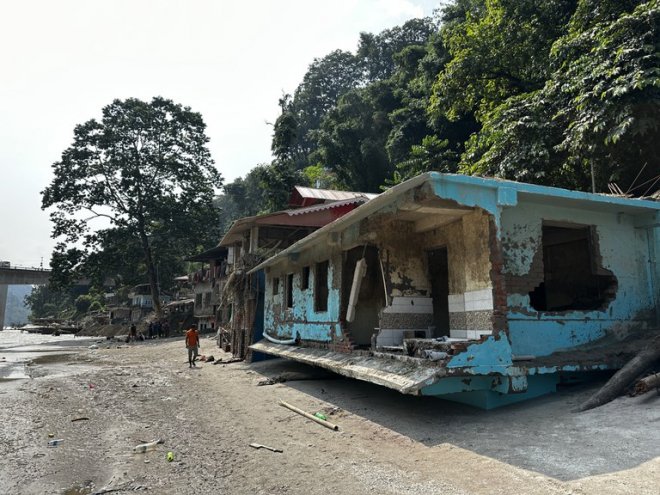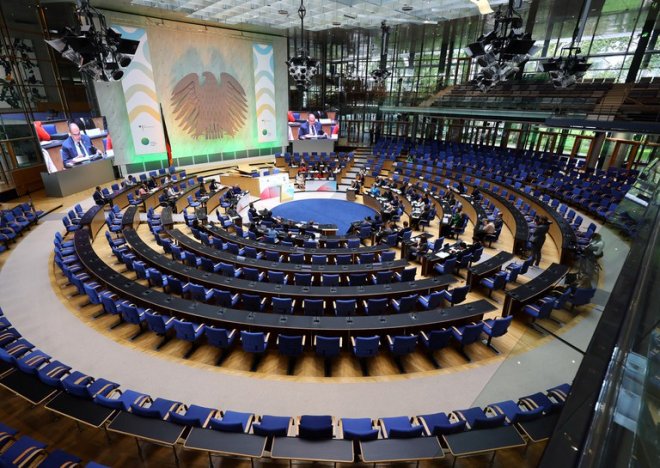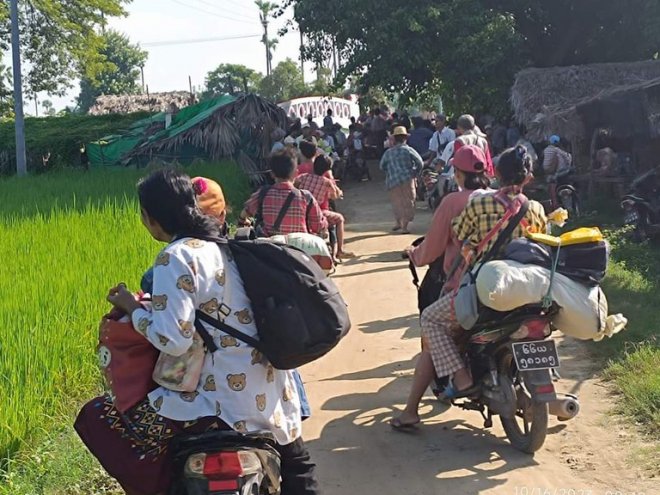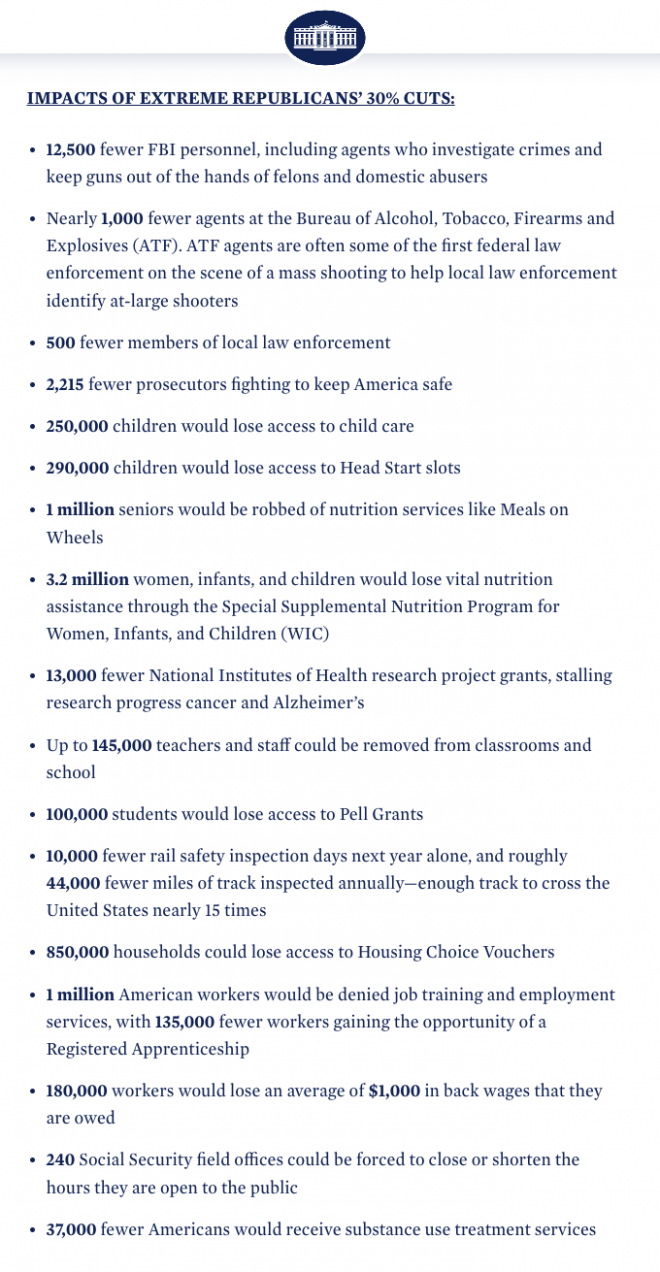China claims 'transparency' as funeral homes overwhelmed with demand for cremations
China said on Friday that it has been fully "transparent" about its COVID-19 reporting, amid criticism on social media over the government’s reporting of the outbreak and widespread pressure on funeral homes."Since the outbreak of the epidemic, China has been sharing relevant information and data with the international community, including the World Health Organization, in an open and transparent manner," foreign ministry spokesman Wang Wenbin told a regular news briefing on Friday.
"We shared the sequence of the new coronavirus at the first instance, and thus making important contributions to the development of relevant vaccines, drugs in other countries," he said.
Wang cited health experts in several countries as saying that there is no need to impose entry restrictions on travelers from China, as the EU"s health agency said such measures weren"t needed.
Sampling airplane wastewater
His comments came after World Health Organization chief Tedros Adhanom Ghebreyesus called on Beijing to be more forthcoming on the pandemic and said entry restrictions for arrivals from China were "understandable," and as Reuters cited U.S. Centers for Disease Control and Prevention experts as saying that agency is considering sampling wastewater taken from international aircraft to track any emerging new variants.
This would be more effective at tracking the virus and slowing its entry into the United States than mandatory negative COVID tests for travelers from China, Reuters quoted the experts as saying.
Chinese health officials have reported a handful of deaths since the current wave of COVID-19 infections began, amid widespread and pervasive reports of overflowing hospital morgues and crematorium furnaces working round the clock to keep up with a sudden peak in demand.
“Do you believe this?”
Social media comments took issue with recent death figures, which admitted to just one death on Dec. 26, as many people know family and friends who have died and are having trouble booking cremations.
"Ask your conscience -- do you believe this?" one comment read, while another quipped: "Is this the department of disease control or the ministry of magic?"
Where local governments are publishing figures, they often make confusing reading, and bear little resemblance to what people are seeing with their own eyes on the ground.
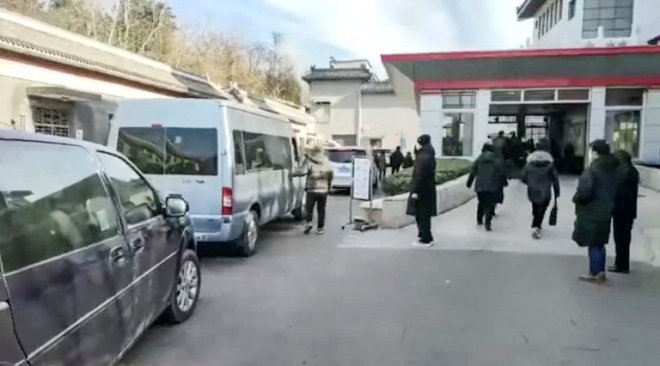 Vehicles queue outside a funeral home in Beijing, in this still image taken from a social media video released Thursday, Dec. 29, 2022. Credit: Reuters screenshot from video.
Vehicles queue outside a funeral home in Beijing, in this still image taken from a social media video released Thursday, Dec. 29, 2022. Credit: Reuters screenshot from video.The current wave of infections has prompted calls for the cancellation of the annual Spring Festival Gala, which airs on Lunar New Year as people reunite with their families. However, posts calling for this were rapidly removed by government censors.
"Countless ordinary people can"t even get an ambulance to come, and the obituaries are coming thick and fast -- how can they go ahead with a gala performance if they have a shred of humanity left?" read one comment.
"I don"t need a group of people with private villas and jets to wish me prosperity or a bunch of folks with full national medical insurance to wish me good health," blogger Bill Taici said in a post that garnered around 30,000 likes. "I am worrying about how to pay the mortgage. I"m sick, but I daren"t go to the hospital."
Overwhelmed funeral homes
RFA has reported that bodies were piling up in people"s homes awaiting cremation bookings across China in recent days, as funeral homes recruited more staff to transport the dead amid a nationwide outbreak of COVID-19 since the loosening of pandemic restrictions.
Mortuaries and funeral homes have been overwhelmed in Beijing in recent days with a weeks-long backlog of bodies awaiting cremation.
Local media in Guangzhou reported on huge crowds of people waiting to secure cremation bookings outside the city"s Yinheyuan funeral parlor, with many complaining that their loved one"s remains were still in their homes, and that they couldn"t make a booking on the phone.
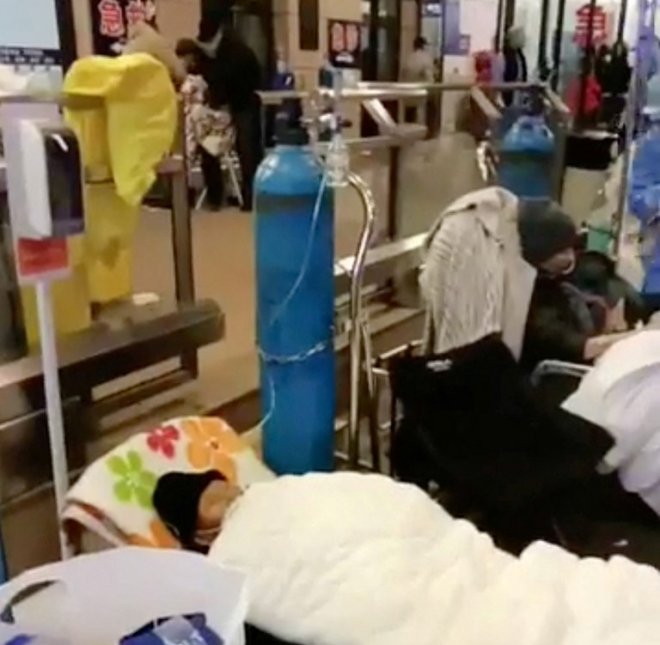 Patients lie in beds outside an overcrowded hospital in Shanghai, China, in this picture obtained from a social media video on Thursday, Dec. 28, 2022. Credit: Reuters screenshot from video
Patients lie in beds outside an overcrowded hospital in Shanghai, China, in this picture obtained from a social media video on Thursday, Dec. 28, 2022. Credit: Reuters screenshot from video"The body is still back home, and we can"t get through on the phone -- that"s about as likely as winning the lottery," one relative told reporters. "There are so many people waiting for the funeral home to collect bodies."
Health risk analysis firm Airfinity has estimated 9,000 daily deaths and 1.8 million infections per day in China, adding up to 1.7 million fatalities across the country by the end of April 2023.
ER visits doubled
Shanghai news site The Paper quoted the deputy emergency room chief of Shanghai"s Ruijin Hospital as saying that emergency room visits have doubled in the city due to the current wave of COVID-19 infections.
"We are seeing an emerging peak of serious cases amid the increase in COVID-19 infections," it quoted Zhuang Xu as saying, adding that some ERs are seeing as many as 1,000 patients a day, twice their usual capacity.
"Emergency rooms are under great pressure, and there are acute staff shortages," he said, adding that nearly half of the emergent patients are elderly people, half of whom have symptoms of pneumonia. Many are being admitted due to hypoxemia and difficulty breathing, the report quoted Zhuang as saying.
"There is a shortage of cold and flu medicines in China, and other medicines aren"t easy to buy either," a listener told a recent edition of RFA Mandarin"s Democracy Salon call-in show. "Beijing"s crematoriums are overloaded."
"I heard that some elderly people in the community have passed away and can"t even be cremated."
A listener in the northwestern city of Lanzhou described mass infections in their residential community.
"A lot of people are currently infected with COVID-19," the listener said. "All the children who come to play at our home have had it, and so has everyone in our family."
"We have to keep washing their face and feet with hot water and keep doing that to bring down their fever, because medicines, particularly antipyretics and cough medicines, are hard to come by," they said.
A resident of the central city of Wuhan surnamed Gao said one of her relatives died of COVID-19 recently, but that the government has halved funeral expenses allowances for pensioners in recent months.
"They used to be paid according to the final salary of the retiree for 12 months, but from now on, they"re only going to be paid for six months," she said.
Working overtime
An official at the Yongnian district civil affairs bureau in the northern city of Handan confirmed in a report by Yu Media that funeral homes in the city are also currently under huge pressure.
"There are so many people being cremated right now, and staff are indeed working overtime and working very hard without complaint," the official said in response to a viral screenshot of a document issued by their office praising crematorium workers for cremating dozens of bodies daily. "We did issue that document."
Shanghai-based retired university lecturer Gu Guoping said some people are at their wits" end to know how to dispose of their loved ones" remains in a timely manner.
"The burning of dead bodies creates very serious pollution," Gu said. "It"s not just very sad that such things are happening, but it also creates a sense of helplessness in the face of this virus, which is so contagious."
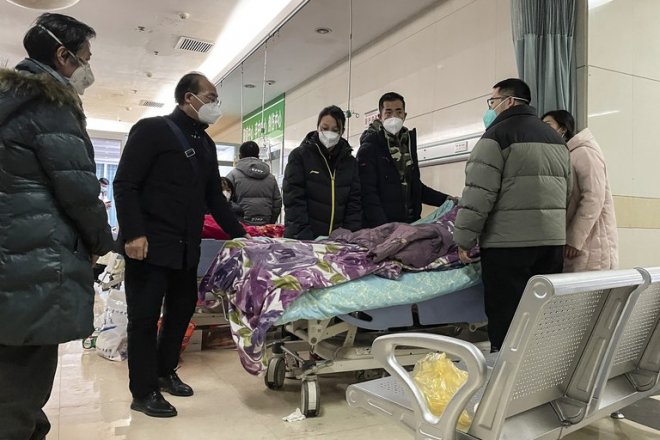
The mounting anecdotal evidence of a huge wave of deaths across China was denied outright by National Health Commission expert Liang Wannian, who said on Dec. 27 that there was no large spike in deaths, prompting criticism from some social media users.
"Liang Wannian is an anointed expert and he"s not going to stick to the facts, not at all," current affairs commentator Zhang Jianping told Radio Free Asia. "The main issue here isn"t how to dispose of the dead bodies, but transparency and the disclosure of information."
"This sort of blatant nonsense will just turn people against these injustices in China."
Current affairs commentator Fang Yuan said Liang"s comments also serve to discredit any Chinese "experts."
"A lot of deaths aren"t being recorded as being caused by COVID-19, but under other conditions," Fang said. Ordinary people are now left bearing the costs of the government"s policy mistakes, and "unable even to bury their dead."
Translated and edited by Luisetta Mudie. Edited by Malcolm Foster.
[圖擷取自網路,如有疑問請私訊]
|
本篇 |
不想錯過? 請追蹤FB專頁! |
| 喜歡這篇嗎?快分享吧! |
相關文章
AsianNewsCast








